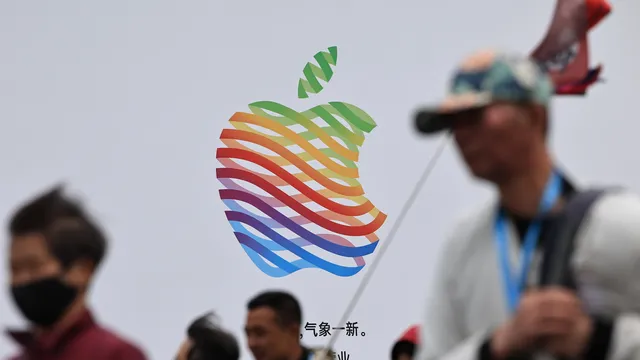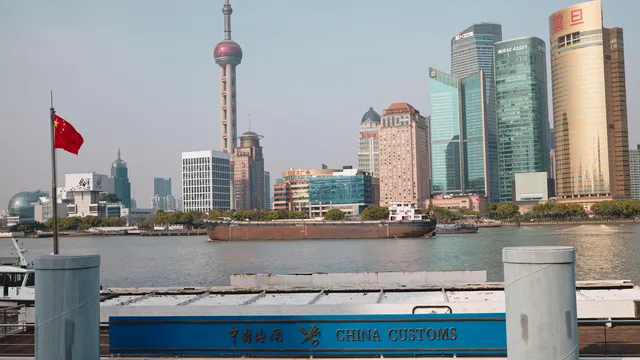Diamond traders say the $82 billion industry is at a standstill because of Donald Trump's tariffs and a global trade war. Shipments through Antwerp's gem trading hub have fallen to about one-seventh of normal levels, the Financial Times reports.
Trump's sweeping tariffs include a 10% levy on diamond imports, as well as retaliatory duties against countries of origin, although many other valuables such as gold and copper are exceptions.
The United States is the world's largest consumer of diamonds, accounting for about half of global demand, but it must import all of its diamonds because it has no domestic production.
Although Donald Trump suspended the so-called retaliatory duties for 90 days, the basic duty of 10% now remains in force. The uncertain outlook is having a debilitating effect on gem traders as well as on India's huge polished diamond industry.
Sales are at a standstill
According to Karen Rentmisters, CEO of Antwerp Diamond Centre, diamond shipments from Antwerp, one of the world's busiest gem trade hubs along with Dubai, have stalled since Trump announced new global tariffs this month.
She said it made no sense for diamonds to be part of US tariffs and compared the disruption to the globalised industry to that caused by the coronavirus pandemic.
Daily supplies currently represent only one-seventh of normal levels. Rentmeisters stressed that this is devastating an industry in which "everything has come to a standstill."
The diamond industry has already experienced several difficult years, during which the pandemic and competition from lab-grown "diamonds" have reduced consumer demand.
The head of mining company Trustco Resources said tariffs on diamond imports would not lead to increased production in the US.
The common diamond travels around the world many times before ending up in the hands of a buyer, between producing countries such as Botswana, trading hubs including Dubai, and cutting centres in India.
The only part of the supply chain that resides in the US is the certification process. The largest certifying agency in the world, the Gemological Institute of America, is located in California and employs 3,200 people.
The normal process of transporting diamonds to and from the US for certification is now under threat.
A threat to the industry
Analysts say a global trade war is likely to affect overall demand for diamonds, which is only beginning to revive after several difficult years, and create serious supply chain disruptions.
India, whose large polished diamond industry processes more than 90% of them, could be particularly hard hit.
Processed diamonds are believed to originate in the country in which they are cut, meaning that the multi-billion dollar Indian diamond export industry will be affected by the US proposed 27% duty on Indian goods unless the two countries reach an agreement.
The problem for global diamond demand is uncertainty, explained Paul Zimnisky, an independent diamond analyst, adding that when people are uncertain, they are hesitant to buy and invest. He believes this will have some impact on consumer goods, such as luxury goods like diamonds.
Anglo American, owner of De Beers, has cut the diamond giant's value by $4.5 billion in the past two years due to poor market conditions. Anglo is preparing to spin off De Beers through an initial public offering later this year.
New York-based Signet Jewelers, the world's largest diamond jewelry retailer, is also struggling with tariffs. On April 4, the company informed its suppliers that it would not pay new duties at all on existing purchase orders, meaning it would require its foreign suppliers to pay them. Signet also urged its suppliers to ship existing orders to the U.S. as soon as possible, focusing on April and May.
On April 2, Trump announced a 10% duty on all countries and increased duties on some. On 9 April, the US president announced a 90-day pause on tariffs for the US's largest trading partners. | BGNES

 Breaking news
Breaking news
 Europe
Europe
 Bulgaria
Bulgaria







